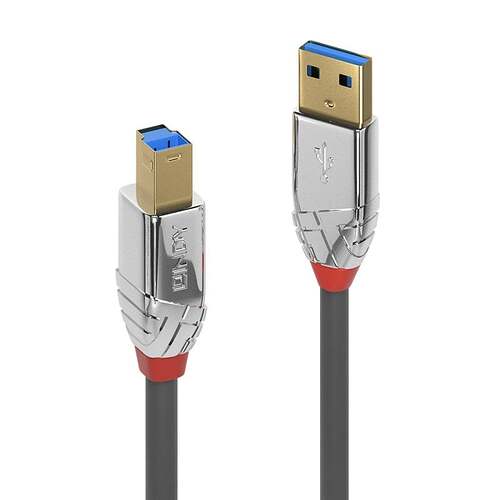My first ever Arturia buy.
Despite almost passing out (& turning into a zombie) from watching so many reviews before buying, none of those reviews I watched mentioned this:
Minimalism gone too far
The knobs are slippery.
They require more force to rotate than another popular brand, which makes the slippery 7-sided knob design a problem. The knobs themselves would be fine if they required less force to rotate, or if they had fine grooves for better grip (as seen on virtually every plastic bottle lid). Instead, the knobs are smooth with no fine ridges for gripping. The 7-sided knobs design is simply not a good design for decent grip. This makes using the MiniLab 3 not as nice as it could be, in my opinion.
Arturia industrial designers: please consider a more sensible, fine-ridged, grippy knob design in any future products. Just look at your typical bottle lid for inspiration.
Packaging
The other popular brand uses what looks like polystyrene to support the keyboard in the box. Arturia uses cardboard. I feel less guilty with cardboard, so good job. I wonder if using cardboard results in more damaged products, because the other popular brand is not using cardboard & the foam supports seem more shock absorbent. I am not sure.
Sealed box
The other popular brand uses a transparent sticker seal on the box to let the user know that the product has not been opened. Arturia does not. I think it’s good practice to make sure your customers receive a product that they know has not been opened, returned & repackaged by the retailer, because this affects your image.
Branding
The Arturia “A” logo always reminds me of the Anarchy logo, which gives me negative feelings. Might be just me.
USB C
I wonder if a larger connector (such typically seen with USB printer cables, as used by a popular competitor) would be more robust than using USB C. There might be some advantages to USB C that I’m not aware of, but I think these smaller connectors (such as USB C) are generally less strong in case of cable stress and accidents.
Linux
I am using Linux so I wonder if there will ever be some support for Linux in future. I have yet to register or try any of the software available to download, so I can’t comment on it.
Thanks for listening to me ramble.
